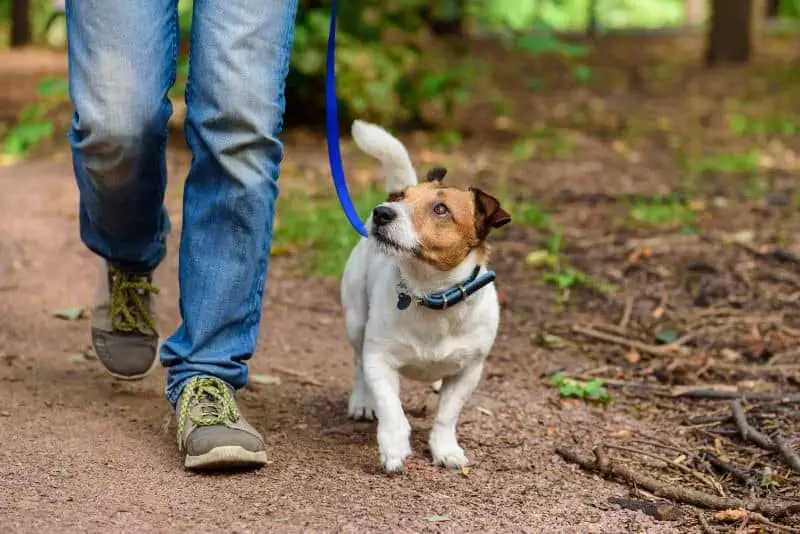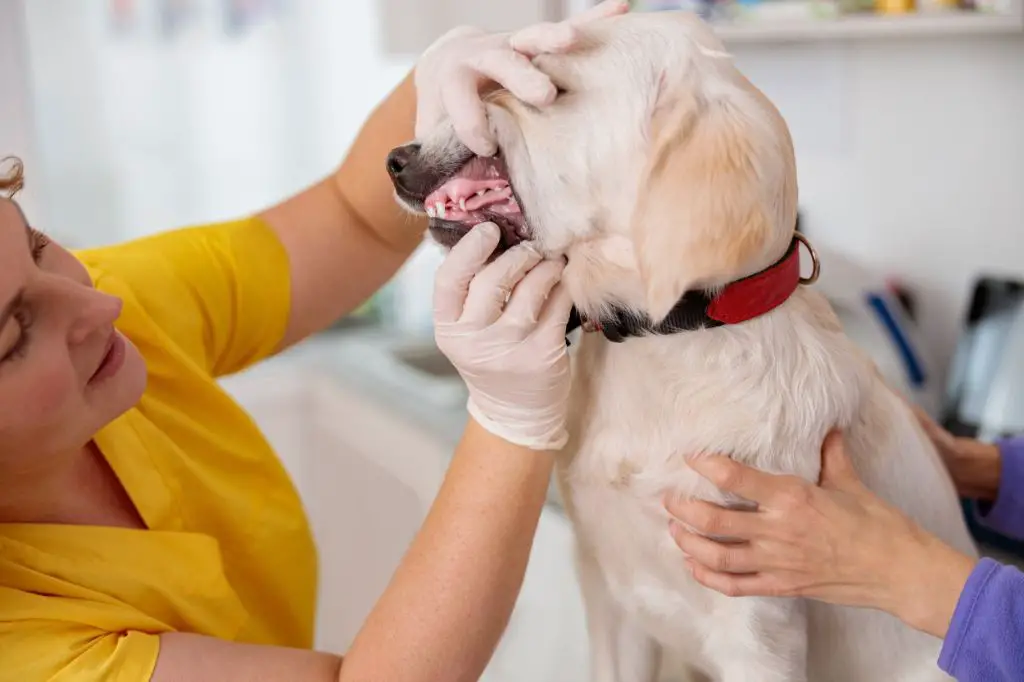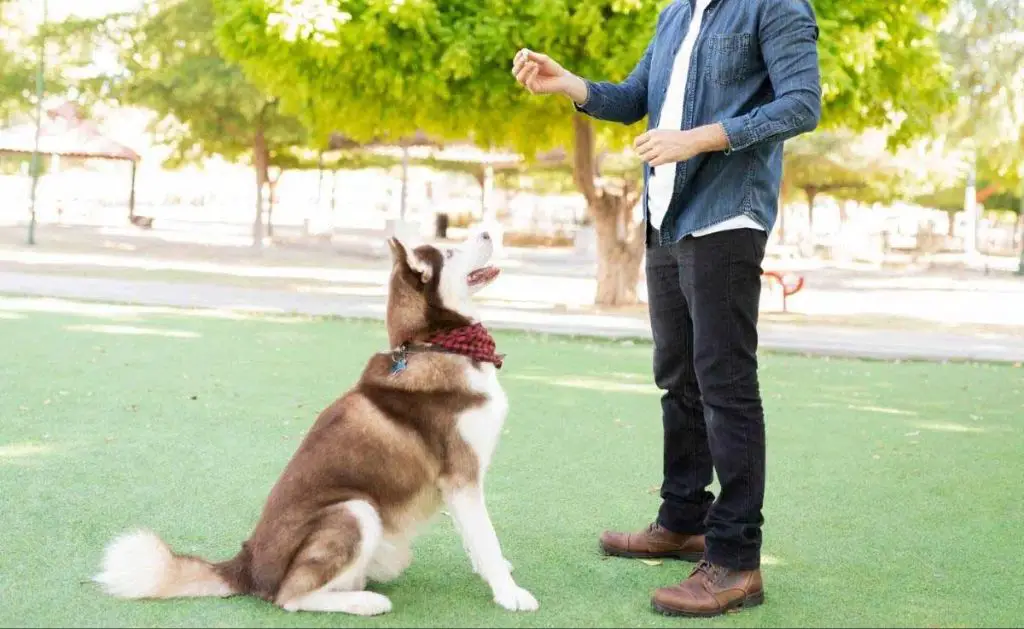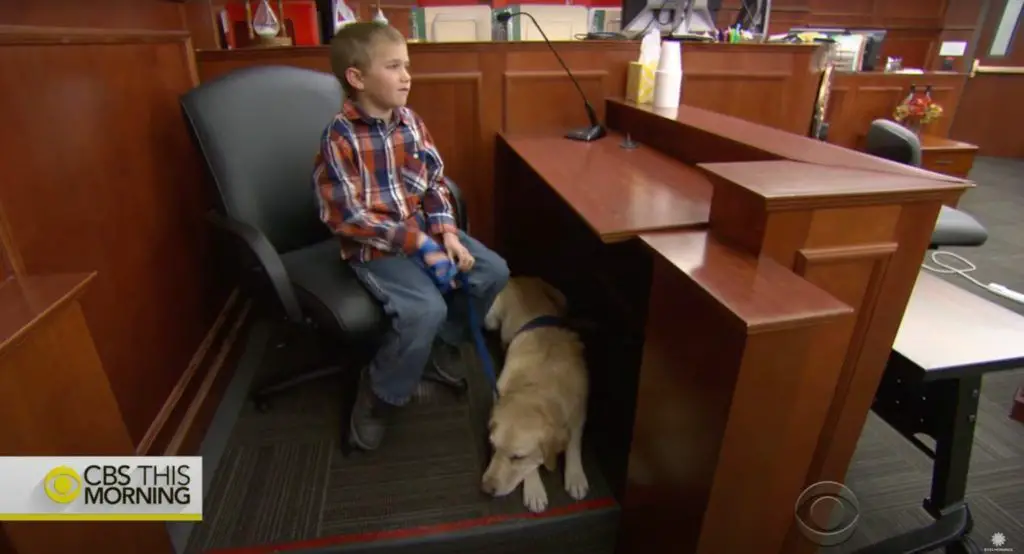Introduction
When a dog causes an accident or injury, determining legal responsibility can be complicated. This article will examine who may be liable, including dog owners, landlords, and animal control agencies. We’ll outline relevant insurance policies, local animal control laws, and steps to take after an incident. Tips on preventing accidents and breed-specific regulations will also be covered. Finally, we’ll discuss legal options available to victims looking to recover damages. Read on for a comprehensive overview of this multifaceted issue.
Legal Liability
Dog owners can be held legally liable if their dog causes an injury or accident. This liability stems from negligence and strict liability laws that vary by state and municipality.
Most states have “dog bite statutes” that make dog owners responsible for any injuries or damages their dog causes, regardless of the owner’s knowledge of any previous aggressive behavior. This is known as strict liability. Even normally friendly dogs can act out of character in certain situations, so owners are expected to take proper precautions and control their pets at all times.

If a dog knocks someone over, chases a person, or otherwise causes an accident without biting, the legal concept of negligence may apply. The injured person must prove the owner failed to properly confine, train, or control the dog. But owners who take reasonable steps to restrain and train their dogs can often avoid negligence claims.
In addition to civil liability, some incidents can result in criminal charges against the owner, especially if the victim suffers severe injuries or dies. Possible criminal penalties include fines, jail time, and rarely, euthanasia orders for the dog.
The owner is usually considered legally responsible for their dog’s behavior. But other parties may share liability if they contributed to the incident, such as a veterinarian who failed to warn of aggressive tendencies.
Homeowner’s Insurance
Homeowner’s insurance policies typically provide coverage for dog bite claims, which protects the dog owner in the event their dog injures someone. The policy usually covers both the legal liability as well as medical payments resulting from a dog bite incident involving the policyholder’s dog.
Liability coverage will pay for the victim’s medical bills as well as any legal costs up to the policy limits if the policyholder is found legally responsible. Medical payments coverage will usually reimburse medical expenses regardless of fault up to a specified limit, which is typically $1,000 to $5,000.
Most homeowner’s policies exclude certain high-risk dog breeds from coverage or require an additional rider or premium for those breeds. Common excluded breeds are Pit Bulls, Rottweilers, German Shepherds, Doberman Pinschers, Chow Chows, Great Danes, and Akitas. Homeowners should check with their insurance provider about any breed-specific restrictions or exclusions.
In addition to liability limits, most policies have deductibles that must be paid out of pocket before coverage kicks in. Typical deductibles range from $250 to $1,000 or more. There may also be exclusions for dogs with a prior history of bites or incidents.
It’s important for homeowners to notify their insurance provider anytime their dog bites someone, even if it seems minor. Providing prompt notification of an incident can help ensure smoother processing of any potential claims.
Renter’s Insurance
Renters can be held liable if their dog causes an injury to someone, even if it happens off their property. Renters insurance provides liability coverage that can help protect renters in these situations.
Most renters insurance policies include liability coverage in case a dog bites or knocks someone over. This coverage helps pay for injuries the dog causes, including medical bills and sometimes lost wages or pain and suffering damages. Typical renters insurance provides about $100,000 in liability coverage, but more can usually be purchased for an additional premium.
It’s important for renters to notify their insurance company if they have a dog. Some companies may require details about the breed, age, etc. Certain breeds perceived as aggressive sometimes face coverage restrictions or exclusions.
After a dog incident, renters should file a claim with their insurance company right away. The insurer will investigate liability and may offer a settlement to the injured party up to the policy limits. This can help protect the renter from paying large out-of-pocket costs.
Renters insurance liability coverage typically applies even if the incident occurs off the renter’s property, such as at a dog park or while out walking. As long as the renter is legally liable for the dog’s actions, their policy should provide coverage. However, penalties for violating leash laws may not be covered.
Animal Control Laws
The responsibility often falls on local animal control agencies to investigate incidents involving dogs that have bitten or attacked. Many municipalities have breed-specific legislation and restrictions in place as part of their animal control laws.

For example, some cities ban ownership of breeds statistically more likely to bite, like pit bulls. Or they may require specific breeds to be muzzled and leashed when in public. There are often regulations on the number of dogs a person can own as well.
If a dog escapes its owner’s control and attacks, the animal control agency will get involved to document the incident. They have the authority to impound the dog for a quarantine period to check for rabies. And in severe cases, dogs may be euthanized if deemed vicious or dangerous.
Owners can face citations and criminal charges for an attack, especially if the dog was previously deemed dangerous. There may also be penalties for letting the dog run unrestrained. Animal control laws provide enforcement mechanisms to hold irresponsible owners accountable.
Steps After an Incident
If your dog is involved in an incident where it causes harm to a person or property, there are important steps you should take as the owner:
-
Check that everyone involved is uninjured and provide first aid if needed. Call emergency services if injuries are serious.
-
Secure your dog by putting it on a leash, in your car, or another safe area to prevent further issues.
-
Get contact information and identification from the other parties involved, including names, phone numbers, addresses, and insurance details. Also get contact information for any witnesses.
-
Document what happened by taking photos of injuries, property damage, and the scene from different angles. Avoid moving anything until police arrive.
-
Call the police to file an official report if injuries or significant property damage occurred.
-
Exchange insurance information if relevant and notify your insurance provider about the incident.
-
Get veterinary attention for your dog if it sustained any injuries.
-
Consult your vet about whether your dog needs behavioral assessment after an aggressive incident.
-
Consider legal counsel if lawsuits or charges are filed related to the incident.
Taking these steps can help protect yourself legally as the owner and get assistance for anyone harmed.
Preventing Incidents

There are several steps dog owners can take to prevent their pets from being involved in an incident or attack:
-
Proper training and socialization from an early age can teach dogs how to behave appropriately around people and other animals.
-
Obedience training helps reinforce commands and improves control over the dog’s actions.
-
Exercise your dog regularly to prevent pent-up energy from leading to aggressive or destructive behaviors.
-
Use leashes in public areas and keep your dog secured when guests visit your home.
-
Spay/neuter your pet to reduce territorial and dominance-related aggression.
-
Provide mental stimulation with toys and activities to prevent boredom and frustration.
-
Avoid chaining or tethering dogs outside for long periods, which can increase aggression.
-
Take precautions around children, as dogs can act unpredictably around kids.
-
Muzzle dogs that exhibit aggressive tendencies to prevent biting incidents.
Taking preventative measures can help reduce the risk of a dog attack or accident. However, owners must also accept liability if their pet does cause damage or injury.
Breed-Specific Laws
In some areas, laws may prohibit or restrict ownership of certain dog breeds considered more dangerous or aggressive, such as pit bulls or Rottweilers. These laws can affect liability and compensation if one of these breeds causes an accident or injury.
For example, some cities or states have “strict liability” laws that make dog owners automatically liable for any injuries their prohibited breed causes, regardless of the owner’s negligence. Other areas may require owners of restricted breeds to take extra precautions, like muzzling their dog in public or carrying additional insurance.
If a dog injures someone in an area with breed-specific laws, the owner may face additional penalties, breed confiscation, or even euthanasia of the dog. Victims may also have an easier time seeking compensation. Knowing the local laws can help owners manage risk and properly restrain dogs prohibited in their area.
Breed restrictions tend to be controversial, as some argue they discriminate against certain breeds without regard for an individual dog’s temperament. But owners should be aware if their area has target laws for breeds like pit bulls, Rottweilers, akitas, chow chows, and wolf hybrids. Following appropriate precautions can reduce liability exposure.
Legal Options for Victims
If you are the victim of a dog bite or attack, you have several legal options available to recover damages. These include:
File a Dog Bite Claim
Most homeowner’s or renter’s insurance policies include liability coverage that protects the dog’s owner in the event their dog bites someone. As a victim, you can file what’s known as a “dog bite claim” against the owner’s insurance policy to receive compensation for your injuries and other losses.
Sue the Dog’s Owner
You can file a personal injury lawsuit against the dog’s owner to recover damages such as medical bills, lost wages, pain and suffering, and permanent disfigurement or disability. An experienced personal injury attorney can help build your case and negotiate a settlement or take it to trial.
Report to Animal Control
Reporting the incident to local animal control authorities can help establish details about the attack and dog’s history. Animal control may have the authority to force the owner to euthanize a dangerous dog or require restraints such as muzzling to prevent future injuries.
Working with an attorney gives victims the best chance at receiving full and fair compensation after a dog attack. A lawyer can manage correspondence with insurance companies, help accurately value your damages, and take the case to court if needed.
Conclusion

In summary, determining who is responsible for accidents caused by dogs depends on the specific circumstances and laws that apply. While the dog owner is often liable, factors like leash laws, animal control regulations, insurance coverage, and breed-specific laws can affect responsibility and victim compensation. After an incident, document evidence and follow local protocols. To prevent accidents, owners must properly train and contain dogs, being mindful of risks their breed may pose. Victims should seek legal counsel to understand their options. Ultimately, dog owners must take precautions to control their pets in public spaces and can face severe penalties if negligence results in harm. By understanding liability laws and emphasizing responsible ownership, we can promote safety for people, pets, and property.